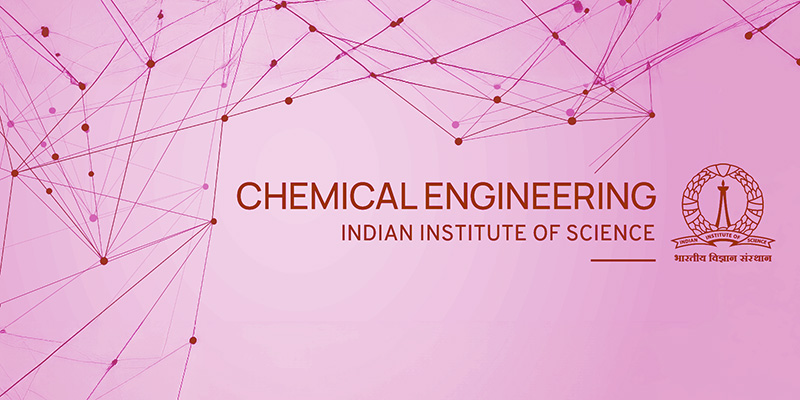January 9, 2025 -- January 9, 2025

Speaker : Dr. Sana Khanum, Postdoctoral Researcher, University of Chicago.
Date & Time: 09th Jan. (Thursday) 2024 at 4 PM
Venue: Seminar Hall, Chemical Engineering.
Integrated computational modeling and experimental validation of inflammatory response in mouse macrophages.
In the presentation, I will discuss my work on developing computational models to study the inflammatory response in mammalian cells. Computational modeling of biological processes is challenging due to the vast details of the control processes with unknown details. The cybernetic modeling approach accounts for unknown control mechanisms by defining a biological goal that the system aims to optimize, and subsequently mathematically formulates the cybernetic goal. In this work, I developed a mathematical framework that integrates a cybernetic model with novel information-theoretic methods to study the inflammatory response in mammalian macrophage cells. The system included the cellular response to inflammatory stimuli that produce metabolites known as eicosanoids, and signaling molecules cytokines and chemokines by macrophages. As part of the integrated framework, I formulated a model-free information-theoretic measure called Time Delay Rényi Symbolic Transfer Entropy (TDRSTE) and applied it to infer causality and estimate time delay among variables using high-throughput multi-omics time series data. Utilizing TDRSTE, this work presents the first step in bridging the knowledge gap regarding the causal relationships between Arachidonic acid (AA) and cytokines. Conclusively, a potential clinical implication of this study is that modulating eicosanoid levels could lower TNFα expression, suggesting eicosanoids could be a viable strategy for managing hyperinflammation. I’ll also discuss the anti-inflammatory response in RAW macrophages due to eicosapentaenoic acid (EPA) metabolism, where the model can be used to determine the concentrations analytically required for wound healing. Finally, I’ll briefly highlight my postdoctoral research focused on utilizing the experimental technique of single-cell analytical tools, namely high-throughput automated microfluidic cell culture and live cell imaging and tracking to investigate temporal dynamics in cell signalling.